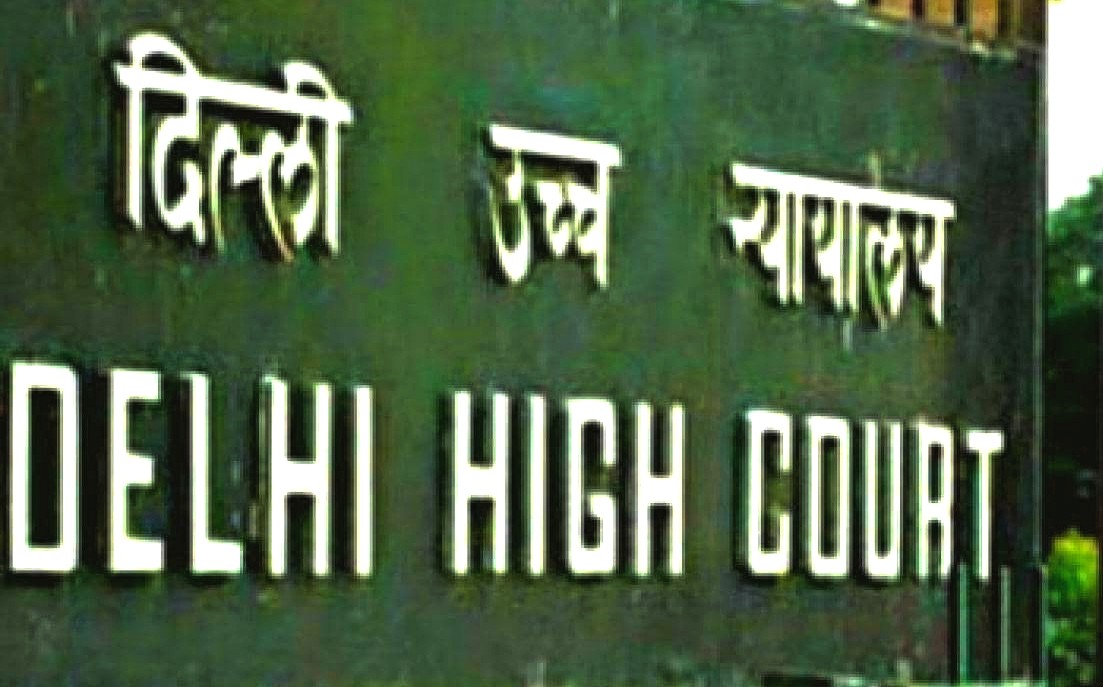Article 51-A only imposes duty upon citizens to safeguard public property; Residents of locality do not become custodians of such property: P&H HC

Read Order: Bijender Singh v. State Of Haryana and Others
Monika Rahar
Chandigarh, January 4, 2022: While dismissing the petition for issuance of a Writ in the nature of Mandamus directing the Municipal Council/Corporation, Bhiwani (M.C.), to utilize an open space available in their colony for their common good, the Punjab and Haryana High Court has held that open spaces are part of the Town Development plan for meeting future contingencies and the residents of the locality do not become custodians of such public property.
The Division Bench of Justice Tejinder Singh Dhindsa and Justice Vinod S. Bhardwaj said, “Article 51- A only imposes a duty upon the citizens to safeguard public property. The petitioner cannot be permitted to confer upon itself a right or dominion over the public property under the pretext of discharging the fundamental duty to safeguard the public property.”
The petitioner’s colony allegedly had an open space that was meant for the benefit of the people of the colony. Later the M.C. gave the land to the Public Health Department for constructing a sewer disposal plant, however, this project was shut down and eventually the Department ended up constructing a one-room set on the land without obtaining a sanctioned plan from the Municipal Committee. The petitioner also alleged that the land in question did not stand in the name of Public Health Department and was misused by the said Department by allotting the said one room set to its Baildar.
A writ petition was filed by the petitioners which resulted in the issuance of directions to the respondent to decide upon the petitioner’s representation. After another round of litigation, the Department surrendered possession of the said constructed room to the Municipality and pursuant to this the possession of the said room was taken over by the petitioner and other colony members for common use.
The petitioner argued that the municipal body should be directed to permit such use of the property by the Colony members, however when asked to furnish documents including the area layout to see if the approved layout would permit the property to be used as per the petitioner’s proposal, the petitioner’s counsel refused to refer to any such plan.
After having considered the rival claims, the Court said that the area earmarked as open spaces are for future contingencies and planning and hence, cannot be put to any other use without proper approval even though such use may seem to be advancing the public interest in other ways.
The Town Planning Schemes often provide for all facilities and amenities such as libraries, Parks etc. but such usage is prescribed taking into consideration various norms of urban planning,added the Bench.
The Bench also opined that title in the property is vested in the Government which is elected by the people and remains the sole custodian of public property.
“A space ‘kept open’ does not mean ‘surplus’, and may well be a part of future planning for expansion of the infrastructure. Any such change of user cannot be directed by the Writ Court in its exercise of powers of judicial review especially when such layout is not a subject matter of challenge before the Court and the petitioner fails to establish how such layout/planning is bad and liable to be set aside”, observed the Court.
Lastly, while acknowledging the possible financial implication of directing any such use of the
property in question, the Court held that the petitioner or the Court cannot determine the use of land left as open spaces in the Town Planning Scheme and that unauthorized possession of such public land or property cannot be taken.
Sign up for our weekly newsletter to stay up to date on our product, events featured blog, special offer and all of the exciting things that take place here at Legitquest.




Add a Comment